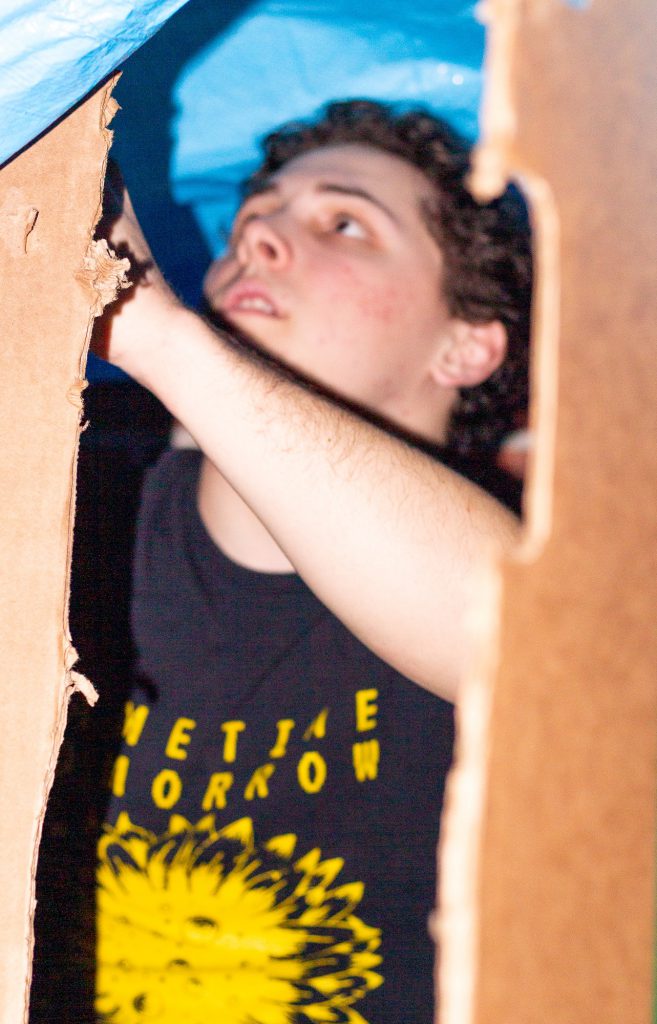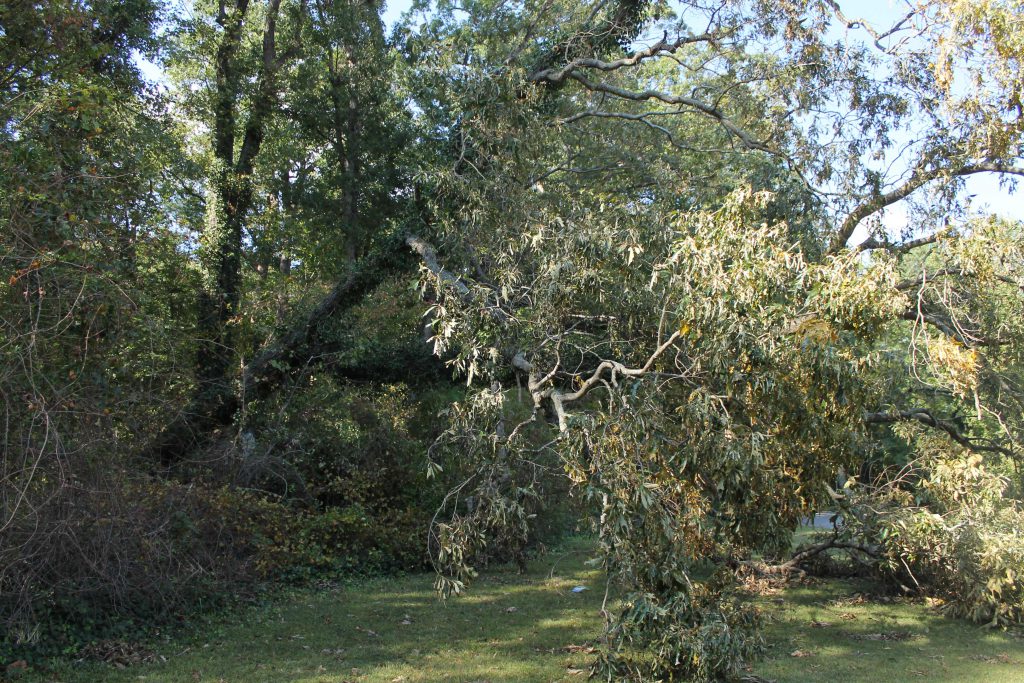Marlins Go Green was originally founded as the Student Environmental Awareness League (SEAL). The acronym was pertinent because seal hunting and poaching were significant environmental concerns at the time. It was created by a team of environmentally-conscious professors and students alike.
Since the club’s inception as SEAL, it has transitioned from an activism focus to being problem-solving centered. The club aims to educate students and faculty about potential solutions to environmental issues that can be made on campus and works towards making them a reality.
Marlins Go Green’s leadership consists of a team of five executive board members. They are Skyler Lattuca (President), Ezekiel Herrera-Bevan (Vice-President), Jean Mahon (Secretary), Kat Vanden Berg (Advertising), Ashley Roehrman (Treasurer), and Ashanti Kincannon (Operations).
The club’s guiding principles have always been the same: to encourage sustainability on campus by allowing students to become part of the solutions and to feel like they can make a difference.
According to club president, Skyler Lattuca, the club has hosted many events in the past centered around sustainability on Virginia Wesleyan’s campus. He stated the club has held many tree planting events and campus cleanups.
Last year, the club’s largest project was the extension of the gardens surrounding the Greer Environmental Sciences Center. The garden’s extension was named “Marlin Meadows.”
The “Marlin Meadows” were created to give students an additional outdoor space to decompress and enjoy the natural environment that surrounds Greer. Lattuca acknowledged that students are under stress at nearly all times. This offers a great opportunity to just sit outside and relax for however long is needed.
Lattuca mentioned several projects that the club is currently working on. He stated they would be taking a more “experimental approach” with their proposals this year. Proposals include renovation of the aviary on campus to be more sustainable, the generation of biogas as an alternative fuel source on campus and to officially introduce campus-wide composting.
The transition to virtual meetings has been a “bit chaotic,” according to Lattuca. He stated that despite the difficulty, the club is able to communicate well through GroupMe. This serves as a free space for people to share their sustainability ideas or any available opportunities of interest.
So far, the club has met twice to work on proposals for the Earth and Environmental Science (EES) Endowed Fund. Lattuca was pleased with the turnout at both meetings but would like to meet more in the spring semester.
Lattuca stated that because the club understands how COVID-19 restrictions work on campus from experience, they will be able to easily plan all activities and meetings for the spring semester. No definite events have been planned as of yet for the return to campus in the spring, but Lattuca encourages all campus community members to “stay tuned” for the many possibilities that lie ahead.
By Jack Palmer
jrpalmer@vwu.edu

